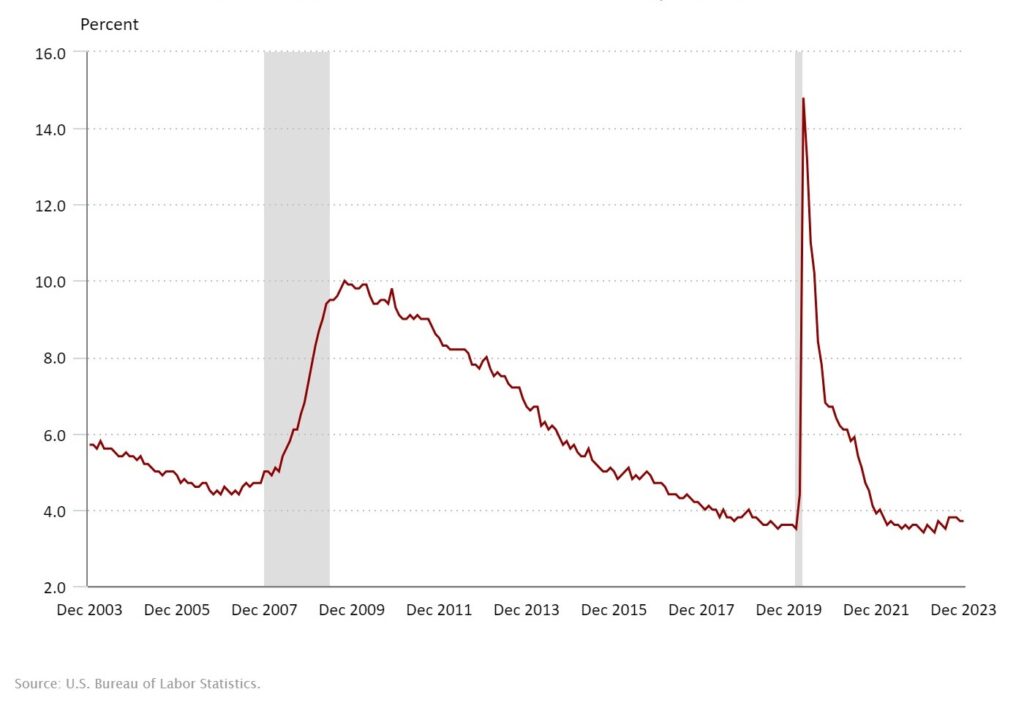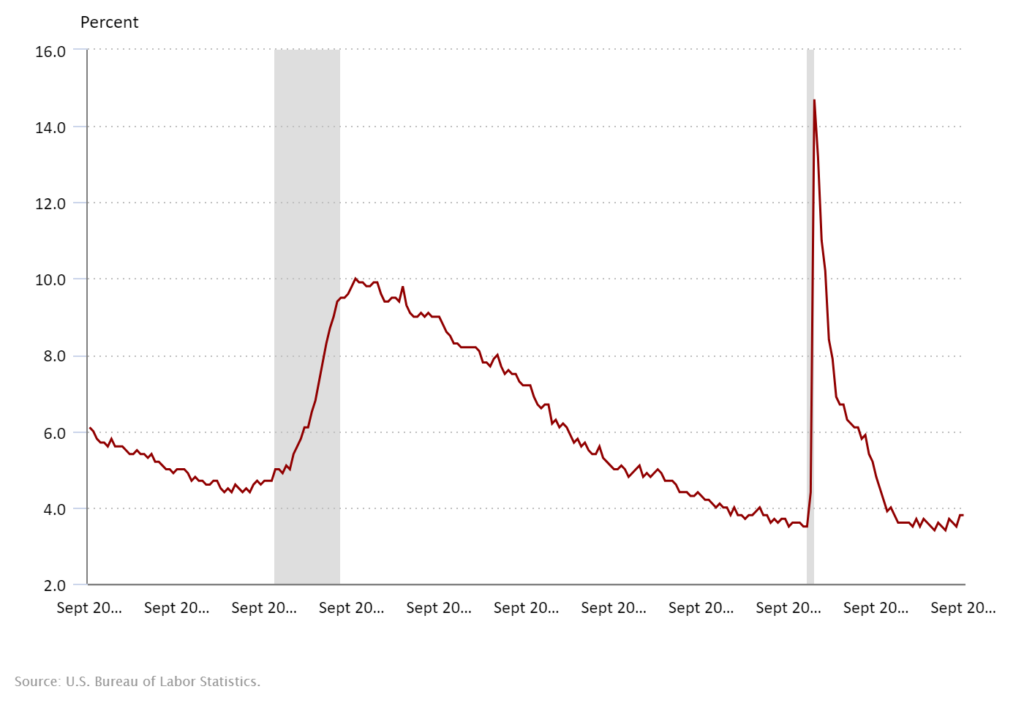You may be surprised to learn that an auditor is a dynamic profession offering diverse opportunities, ongoing growth and the potential to make an impact.
Auditors safeguard businesses from the devastating pitfalls of financial discrepancies while helping to uphold public trust in vital economic systems. If you like the idea of a career that combines accounting and analytical skills with ethical responsibility, becoming an auditor might suit you perfectly.
Here are four ways becoming an auditor can bring you professional achievement and personal satisfaction.
1. You Learn Highly Valued and Transferable Skills
Skills you develop in a career as an auditor can empower you to take your talents anywhere. While a mastery of finance and accounting is foundational to the job, auditors are strategic evaluators armed with an expansive and cutting-edge toolkit.
In addition to traditional analytical abilities, today’s auditors develop data visualization, analytics and IT capabilities. New technologies help auditors work smarter and faster, whether reviewing anomalies or tracing transaction cycles. This gives them the resources to tackle risk, provide strategic advice and generate vital insights.
As an auditor, you also develop communication skills that forge a solid foundation for later leadership positions. Honing abilities like identifying patterns and exceptions, critical thinking, explaining complex concepts to different people and brainstorming with colleagues make you versatile, valuable and recession-proof.
2. You Can Work Anywhere
As an auditor, you can work with companies anywhere across the country or worldwide. Skilled auditors are in high demand, and many corporations with offices in the U.S. have offices or do business with companies in other countries. If you want to travel and see the world, becoming an auditor can help you do that.
If you work in or with companies in a foreign country, you will need the appropriate licensing for that location. It’s also essential to learn applicable laws and regulations.
If you don’t want to travel, you can still work internationally. In today’s digital and virtual workplace, you can work with international companies from home or a local office.
3. Auditors Are in Demand
There is a high demand for qualified auditors. The U.S. Bureau of Labor Statistics reports 1,538,400 U.S. auditor and accounting positions in 2022, with an annual growth rate of 4%. Firms prioritize hiring an auditor after discovering an accounting or operational failure. Auditors are critical in helping businesses maintain integrity.
4. Work With Innovative and Interesting Clients
Working as an auditor gives you an inside view of innovative companies in every industry worldwide. Every public company has an external auditor, which means you have the unique opportunity to peek behind the curtain of some dynamic organizations.
Future Proof Your Skills by Becoming an Auditor
Whether you’re a recent graduate or a seasoned professional, working as an auditor can position you for outstanding professional experiences and long-term growth. As recruiting experts dedicated to accounting and finance, Century Group is here to help.















